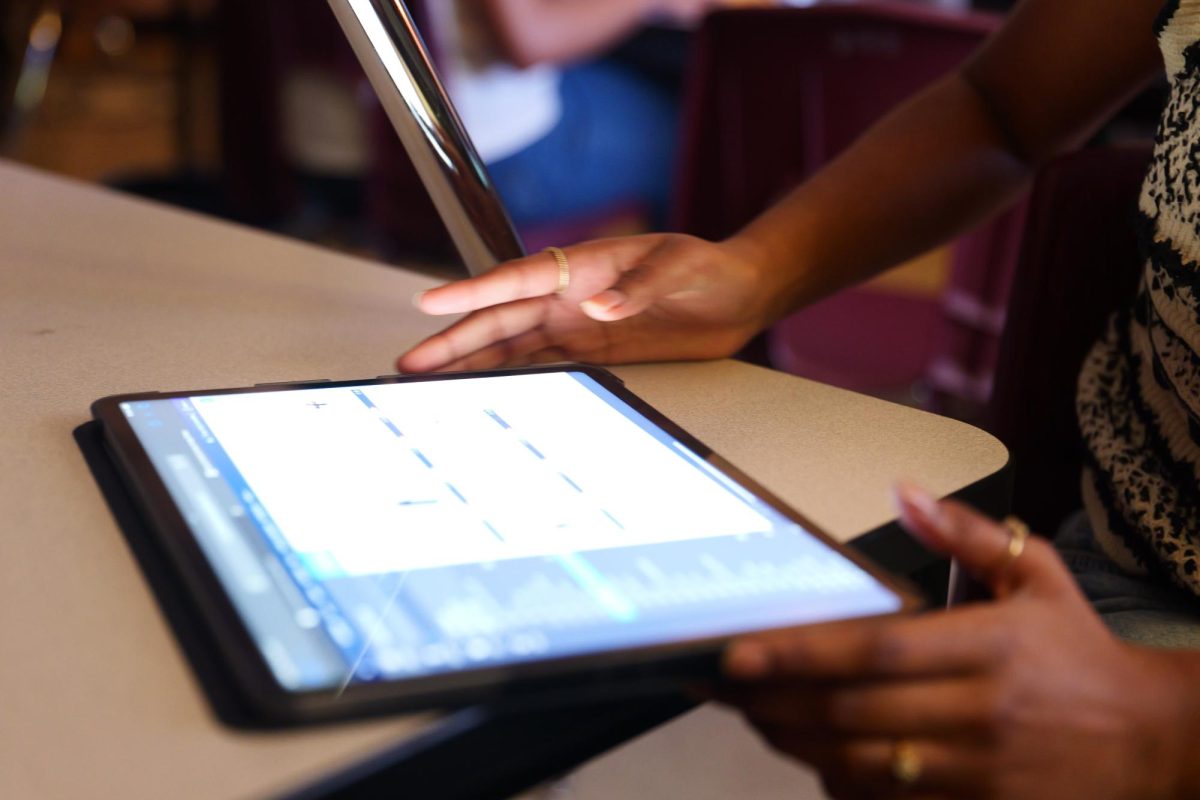The 89th legislation session began on Jan. 14, lasting about 140 days, where state legislatures met to consider passing new laws. Over 10 thousand bills were filed, but only 3,562 were passed with 28 vetoed. The legislative sessions occur on odd years, with the next one being set in 2027.
HB 2: School Finance
HB 2 authored by State Rep. Brad Buckley supports students and teachers by allocating an additional 8.5 billion dollars to Texas public schools. Signed by Governor Greg Abbott, the bill targets key areas including teacher compensation, educator rights, educator preparation, special education, early literacy and career and technical education. Almost half of the funding, four billion dollars, is designated for staff pay raises and to expand the Teacher Incentive Allotment program, a merit based pay program.
SB 2: Education Voucher Program
SB 2 by Sen. Brandon Creighton allows families to use taxpayer dollars for private school education and other educational expenses, expanding school choice for parents. All students can apply for the program, including those in public, private or homeschool. If demand exceeds available seats, 80% of positions will be filled by lottery for public school students from low income families or students with disabilities. Each student attending an accredited private school will receive $10,000 or $11,500 if the student has a disability.
HB 1481: Prohibiting Cell Phones
HB 1481, authored by Rep. Caroline Fairly, bans students from the usage of communication devices during the school day. Examples include cell phones, ipads, airpods, pagers and walkie talkies. Students may use their phones for medical needs, learning support (504 plan) and or in cases of emergencies. According to Leander ISD, it will remove distractions, limit cyberbullying and help foster connections.
HB 33: Uvalde Strong Act
In response to the Robb Elementary shooting in 2022, HB 33 ensures better plans of operations and preparedness for school shootings. It is authored by Don McLaughlin, who was previously the mayor of Uvalde, where a gunman killed 19 children and two teachers at Robb Elementary school.
It requires school districts and law enforcement to meet every year to plan their response to an active shooting in primary and secondary schools. Each school must adopt and implement multihazard emergency operation plans. In addition, there will be annual security reviews when building or renovating a building. It will also provide grants to help the cost of training first responders and school personnel.
SB 10: Ten Commandants in every classroom
Sponsored by Sen. Phil King, SB 10 requires all public schools to display a 16 by 20 inch English copy of the 10 commandments in each classroom. A lawsuit filed by 16 families, Rabbi Nathan vs. Alamo Heights Independent School District challenges the law as unconstitutional.
On Aug. 20, U.S. District Court Judge Fred Biery issued a preliminary injunction in the suit, ruling the bill likely violates the Establishment and Free Exercise Clauses of the First Amendment. This injunction temporarily blocks 11 school districts, named as defendants in the lawsuit, from displaying the Ten Commandments in classrooms.
SB 11: A period of prayer
SB 11 requires every campus to provide students and employees a chance to pray, set before school hours. Composed by Sen. Mayes Middleton, the bill is voluntary for students, and those who wish to pray must have a signed consent form. The prayer should not be heard to those without permission.
SB 12: Limitations of DEI
SB 12 by Sen. Brandon Creighton aims to give parents more control over school curriculum and programs by banning DEI initiatives in hiring and training. Schools cannot authorize or sponsor clubs based on gender identity or sexual orientation, and each student is required to obtain written parental consent to join any club. In addition, staff are not allowed to assist any student with social transitioning and must use only the name and pronoun listed on the students’ official records.
SB 13: Parents’ ability to pick what their children read
Authored by Sen. Angela Paxton, SB 13 provides parents access to a school district’s library catalog. This means parents are the primary decision markers to the students’ access. If there is a book they do not want their child to read, they are allowed to submit an electronic or physical form to prohibit their child from checking that book out. In addition, parents also have access to their student’s grades and school counselor evaluations.
Conclusion
This session brought changes to Texas education including but not limited to: school funding, safety and increase in parental rights. These new laws will either take effect immediately, on Sept. 1 or Jan. 1. Districts across the state will begin adjusting policies to abide by new state laws or could face potential legal challenges and sanctions from the state.


